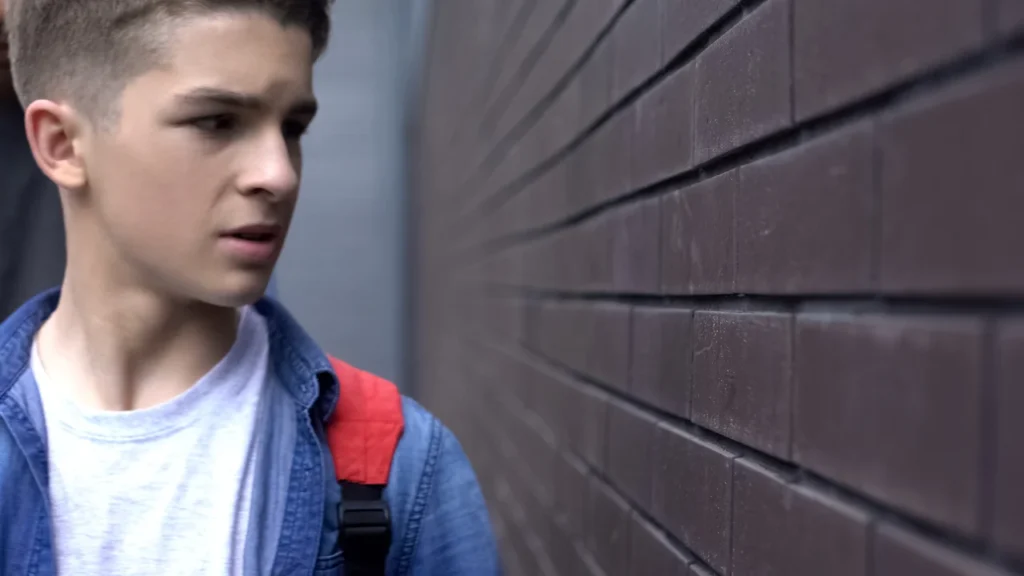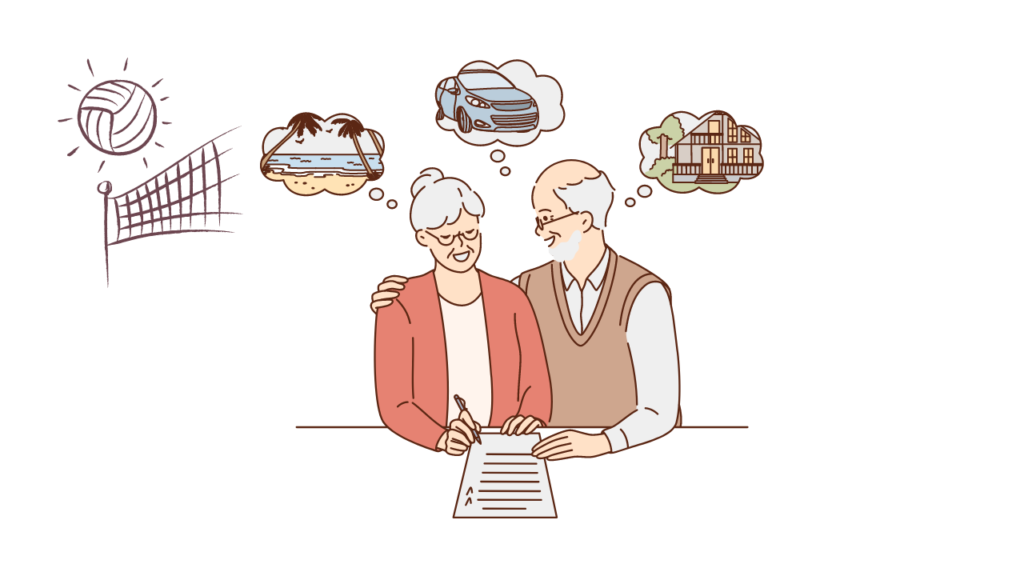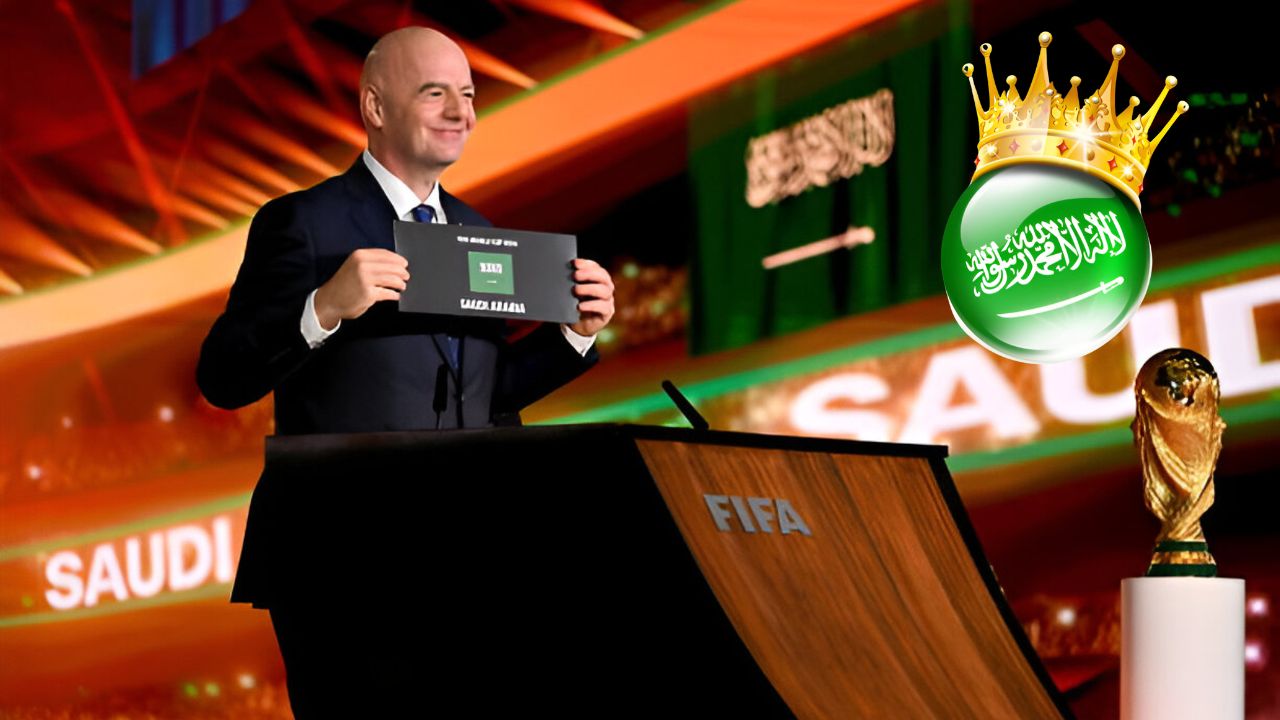Psychological Hurdle: Frank Molinaro, a wrestler who came in fifth place at the 2016 Olympics, was sure that he would win a medal at the 2020 games in Tokyo. Since the Olympics were pushed back to 2021, it was not possible for him to commit to another year of hard training that would put a lot of stress on his family. Molinaro made the choice to quit without another chance to win an Olympic gold medal.
For the athlete who thought the 2020 Olympics would be the highlight of their career or the college senior who couldn’t wait to share their last championship with their teammates, the pandemic has ended their season in a disappointing way and forced them to take a break from training. For some, they have even been forced to retire early.
For athletes, retiring from sports is often a big change in their lives, which can make it hard to deal with mentally. An athlete who is quitting often feels depressed and lost, worries about the future, and isn’t happy with their life. When you lose your job, your health care, or even your schooling, these bad feelings can get worse. People who have to quit suddenly, like Molinaro, are known to have a harder time.
Read More: The signs of a heart attack in women are often different from those in men.
Psychological Hurdle: Why retiring from sports is hard on your mind?

“Retiring” from any job or exercise can be hard on the mind, but for athletes, the change can be especially hard for the following reasons:
- Because sports are so hard on the body, jobs in them tend to be short. It’s possible for an NFL player to only play for seven seasons on average. Women who participate in artistic gymnastics don’t usually do so after they turn 20. There is a lot of life ahead of these players, but they may not feel ready for it.&
- Athletes who compete usually start their sport when they are young and build their personality around it. Athletes who have strong ties to their sport are known to have a harder time with retirement.
- Athletes tend to be driven and hard-working. They might not be used to having trouble learning new things, like a new job or family duties.
- Not only do athletes face mental challenges when they quit, but they also face physical challenges as their bodies and fitness levels change. Weight gain can change your mood and make you eat in a bad way. Highly competitive players also don’t usually know much about other sports or workouts that aren’t related to their sport. This means that they have to learn new ways to stay fit.
Even though retirement can be hard for athletes, a lot of them handle it well and go on to live very happy lives during and after their sport. We’ve learned that the following can help make the change easier:
Read More: Five retirement spots that are just like South Carolina but cost a lot less.

- Teaching people about sports retirement and the problems that come with it
- Planning for retirement
- Support and workshops based on behavioral and cognitive therapy
- Being able to get mental health help if needed
- Being able to go to college or get a job
- Taking culture into account.
Many of these techniques need to be put in place long before the athlete retires, and they should be looked at in the context of their whole career. It’s also good for society as a whole to start looking at sports in a more complete way. Being aware of the difficulties of retirement, being willing to help, and helping athletes in their lives outside of sports are all things that coaches and staff can do to help.
More athletes can escape the bad effects of retirement and continue to do well in all parts of their lives, just like they did on the field, the mat, or the balance beam, if they know about them and get the right help.
The original article was published on the psychiatry.org.









Comments are closed.